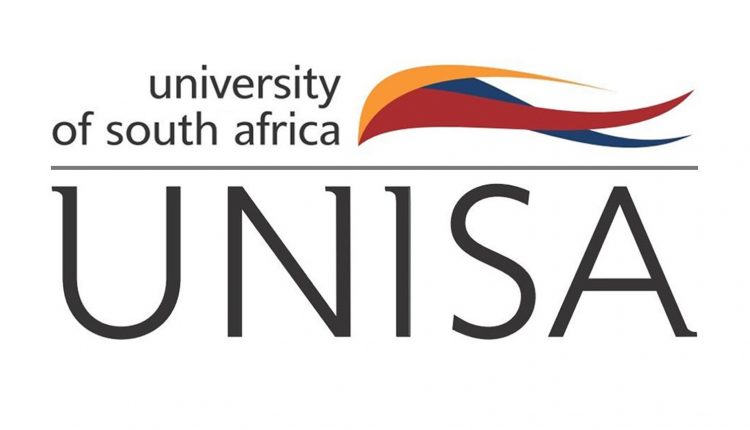University of South Africa: Unisa exhibits its technologies at the 5th Annual Bio Africa Convention
One such opportunity was the Bio Africa Convention 2022, Durban ICC. This year’s Bio Africa Convention was rooted in the theme of Africa Resilient: Life Sciences Innovation for Achieving Health and Food Security. The convention attracted stakeholders from the public and private sectors, including international organisations, possible funders, policy-makers, research institutions, scientists, students, etc. Therefore, the convention was an excellent chance to exhibit and showcase Unisa’s technologies and initiatives in the biotechnology sector. During the convention, Unisa had three offerings on exhibit, namely;
1. Novel drug combination for the treatment of colon cancer:
This novel drug combination focuses on a niche market with very few small-molecule drugs available for colon cancer, as most therapies are chemotherapeutic drugs. However, this novel drug is a pharmaceutical composition for oral administration of ezetimibe specifically for treating colon cancer.
2. Development of novel diagnostic tools for animal and human diseases
This novel diagnostic tool focuses on developing rapid diagnostic tests that can be used at point-of-care (POC) or near-patient settings based on either gold-nanoparticle or aptamer-based lateral flow platforms.
3. African BioGenome Project (AfricaBP), in collaboration with Unisa
This initiative is a coordinated pan-African effort to build the capacity to generate, analyse and deploy genomics data for the improvement and sustainable use of biodiversity and agriculture across Africa. This initiative aims to improve the conservation and restoration of the biodiversity through genomics to minimise genetic erosion and safeguard the genetic diversity of Africa’s plants and animals. This exhibition attracted several delegates and had 26 representatives interested in follow-up leads.
The exhibition provided an ideal opportunity to create greater awareness about Unisa’s Research and Innovation activities in general. As a result, several connections were made with external parties interested in partnering with Unisa. The DITTC also received feedback on the technologies and the projects exhibited. All of this was relayed to the relevant researchers. In some instances, the DITTC is leading the process of formalising the linkages made during the exhibition.

